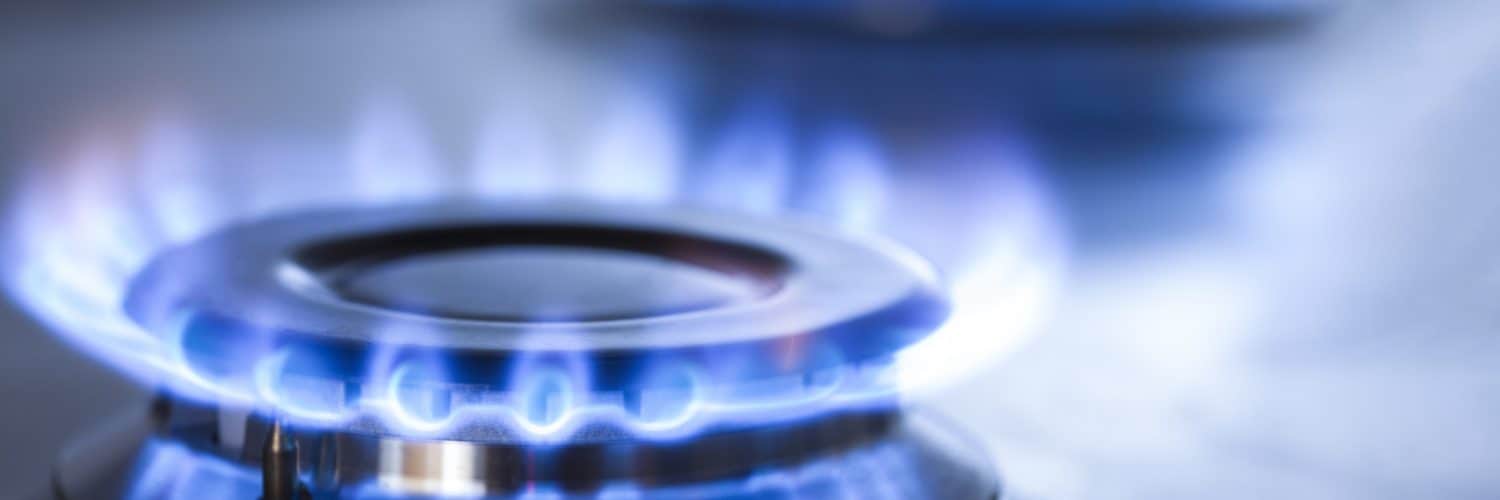Henry Hub natural gas futures for October are trading at US$4.97/MMBtu as of 1:15pm EDT Thursday afternoon. After hitting an intraday high of US$5.65/MMBtu on Wednesday, September 15 th, forward prices have fallen back this week, closing at US$4.805/MMBtu yesterday, down 12% from the week prior. Near-term temperature forecasts for late September and early October have helped put some downward pressure on prices, as we move into the low demand shoulder period. US dry natural gas production has increased back to nearly 93 Bcf/d, as output from the Gulf of Mexico continues to resume after Hurricane Ida impacted production in late August. Storage concerns persist as we move into winter, as strong demand for US exports of liquefied natural gas (LNG) continues with natural gas prices in Europe and Asia pushing record highs. The EIA estimated working gas storage was 3,082 Bcf for the week ending September 17th, following an injection of 76 Bcf. The report was in line with market expectations, which ranged from 70-82 Bcf. Storage levels are now 16% below year-ago levels, and relative to the five-year average, 6.9% less. An injection of 84 Bcf is expected for the week ending September 24th as cooler weather decreased power burn demand.
In Canada, the September month-to-date AECO 5a spot rate is C$3.76/GJ, up C$0.81/GJ from August’s price of C$2.95/GJ. The month-to-date Dawn Next Day weighted average index rate is currently $5.70/GJ, up $1.08/GJ from August’s average of C$4.62/GJ. Prompt-month futures for AECO are trading at C$3.62/GJ, while Dawn is trading at C$5.40/GJ. After consecutive weeks of higher prices, they have finally started a downward trend, with week-over-week decreases of $0.81/GJ and $0.86/GJ at AECO and Dawn, respectively. Point Logic reports Canadian natural gas storage for the week ending September 17th was sitting at 603 Bcf, after an overall injection of 18 Bcf. This injection increases storage inventories to 11.2% below the 5-year average and 17.8% below storage levels last year at this time. Eastern storage levels are now at 85% capacity and Western storage is 63% full. Injections for the week ending tomorrow are expected to come in at 13 Bcf.
– Karyn Morrison, Energy Advisor








Add comment